Weeks have passed since my coastal walk came to an end. Back then, I said my goodbyes with a promise—to continue the work of spreading environmental awareness, love, peace, and rural empowerment. Since then, I’ve been mostly quiet on Substack. I know that silence has distanced me from many of you who’ve stood by me over the years. Along with that, I’ve lost the occasional coffee fund and the more generous PayPal contributions—small but vital gestures that have sustained and inspired my work.
Still, life on my end has been anything but quiet.
After the walk, I was invited to speak in different parts of India. The topic: rural India’s deepening socio-political concerns. As I spoke, it became clear to me—I couldn’t be just another voice on a stage. I had to return to where it all began: my village.
Satish Kamat, a respected senior journalist and fellow walker, had joined me on my journey. Along the way, we’d discussed practical ways to strengthen the rural economy. Words, however powerful, are not enough. Real change demands time, toil, and togetherness.
Back home, we met with village leaders to spark a dialogue about what was possible. One glaring issue emerged: our women-led self-help groups had grown stagnant. Not one of the 32 groups—comprising over 320 women—had been engaged in any meaningful work. They were simply circulating a government-provided fund of $400 at a modest 1% interest. My first meeting with them was revealing—not for them, but for me. I had failed to see how little they needed to get started: a few practical skills and some marketing support. That was all it would take to steer their sinking ship back to harbor.
Many of them had grown complacent, yes—but I was determined to wake them from their slumber. And to my surprise, they were ready too.
We held another meeting, this time in a nearby village battling severe water shortages. Every time we proposed a solution, the scarcity of water loomed over it. Protest is easy, I’ve come to learn. Real work, especially with people, is hard. It’s slow, humbling, and often thankless. I now understand why many walk away after a few months.
But we stayed.
We asked the women to think: What do you want to work on? Stitching? Making traditional sweets like laddoos? Grinding flour? Pickles? Seasonal farming? We encouraged them to form working groups and choose dates for training. Slowly, momentum began to build.
Meanwhile, I was also working closely with some familiar names—Sanju Dada, Akshata Kaku, Prakash Kaka, and a self-help group led by Prakash’s wife. Together, we began dreaming of a community-led model for sustainable tourism—one that protects our forests, respects wildlife, and uplifts local artisans. We called it dharā, It literally means “of the soil” or “connecting with the soil” or “earth”.
Yash, a young artist from Mumbai, designed flyers for our first “digital detox” retreat in the village. Sanju Dada and Prakash Kaka helped me construct an open-air shower and a traditional Indian squat toilet—much like the one my great-grandfather would have used. We set up simple seating, cleared spaces for tents, and created a makeshift jungle toilet for the second night’s camp. These humble structures would, we hoped, generate future income for villagers.
And people came. Some drove nearly a thousand kilometers—from Jalna, from Hyderabad. I had believed they would come, and they did.
Everyone was surprised—locals and guests alike. Here were corporate employees and government officials, sleeping in tents, eating local food, and sitting under the stars on furniture made from reclaimed wood. We called it The Circle of Life.
The villagers were stunned. Why were these city folks so eager to learn what they themselves had begun to feel ashamed of? Why were they paying for what rural life offers for free—chemical-free food, fresh air, clean water?
And yet, something shifted.
Sanju Dada and Prakash Kaka sat beside our guests, discussing books, rural customs, and forest lore. For the first time, perhaps, they saw the dignity in their way of life. They saw themselves not as backward, but as wise custodians of a slower, richer existence.
“I think I’ll have to grow more food this season,” Sanjeevani, Sanju Dada’s wife, said. She had sold a kilo of millet grown in her field. Her words were sweeter than honey to my ears. This is what I wanted.
Prakash Kaka, our skilled carpenter, returned to his bench with renewed purpose: “I’ll make some wooden goods to sell next time.”
And Jadhav Ajoba, the village buffalo herder, stood taller. His stories, once ignored, now had eager ears. Shrubs and bushes were nameless until yesterday.
This week, we’ve been walking through the jungles collecting native seeds, creating a village seed bank. We’re cataloging our local flora and fauna, building a biodiversity register so the village can see the treasure it sits upon. We've identified rare species of birds and plants, endemic to this very region. I’m now inviting young illustrators and volunteers to help us create a vibrant ecological database.
Yes, it’s a lot of work. And yes, we need support. Our initial investment has gone entirely into getting the basics in place. If you believe in this mission, I ask you to contribute—whatever you can. A few dollars, euros, or pounds may not mean much where you are, but here, they can revive a fading village and plant the seeds of a better future.
You are a vital part of this story.
I’ve been away from the news, choosing instead to work with those whose hands are still in the soil. It’s been a deeply humbling joy. Nature continues to be my guide. She speaks when I sit quietly—here, exactly where I now write to you.
I hope you’re also listening—finding stillness, letting her guide you from chaos to clarity.
Someone once told me my writing is too romantic, too dreamy to be practical. Maybe. But I believe it is the romantics who pull the world out of darkness. I'm trying to be one of them.
With love and peace,
Ashutosh
Thankyou for being with me. Here’s a link to buy my book “Journey to the East”.






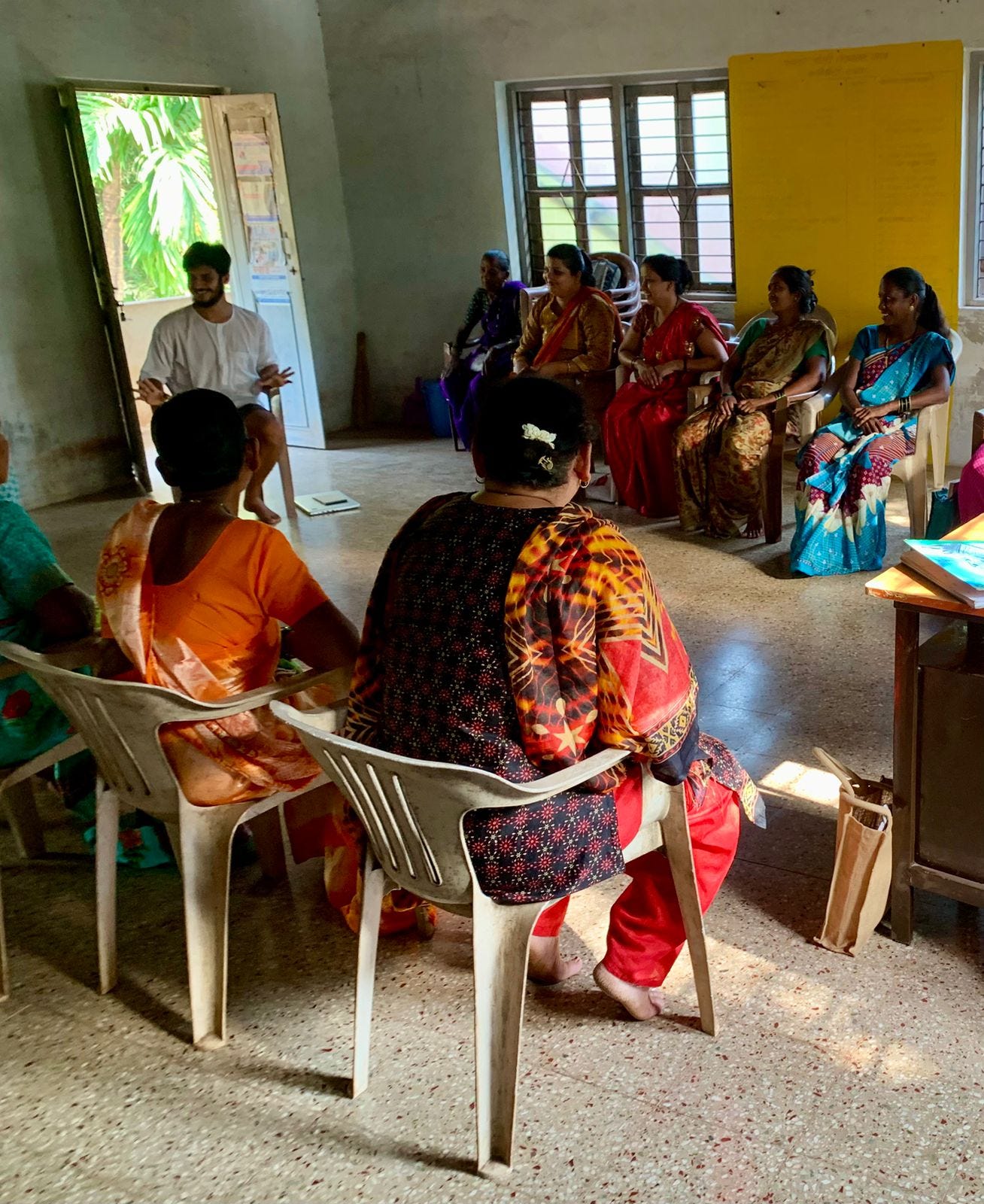
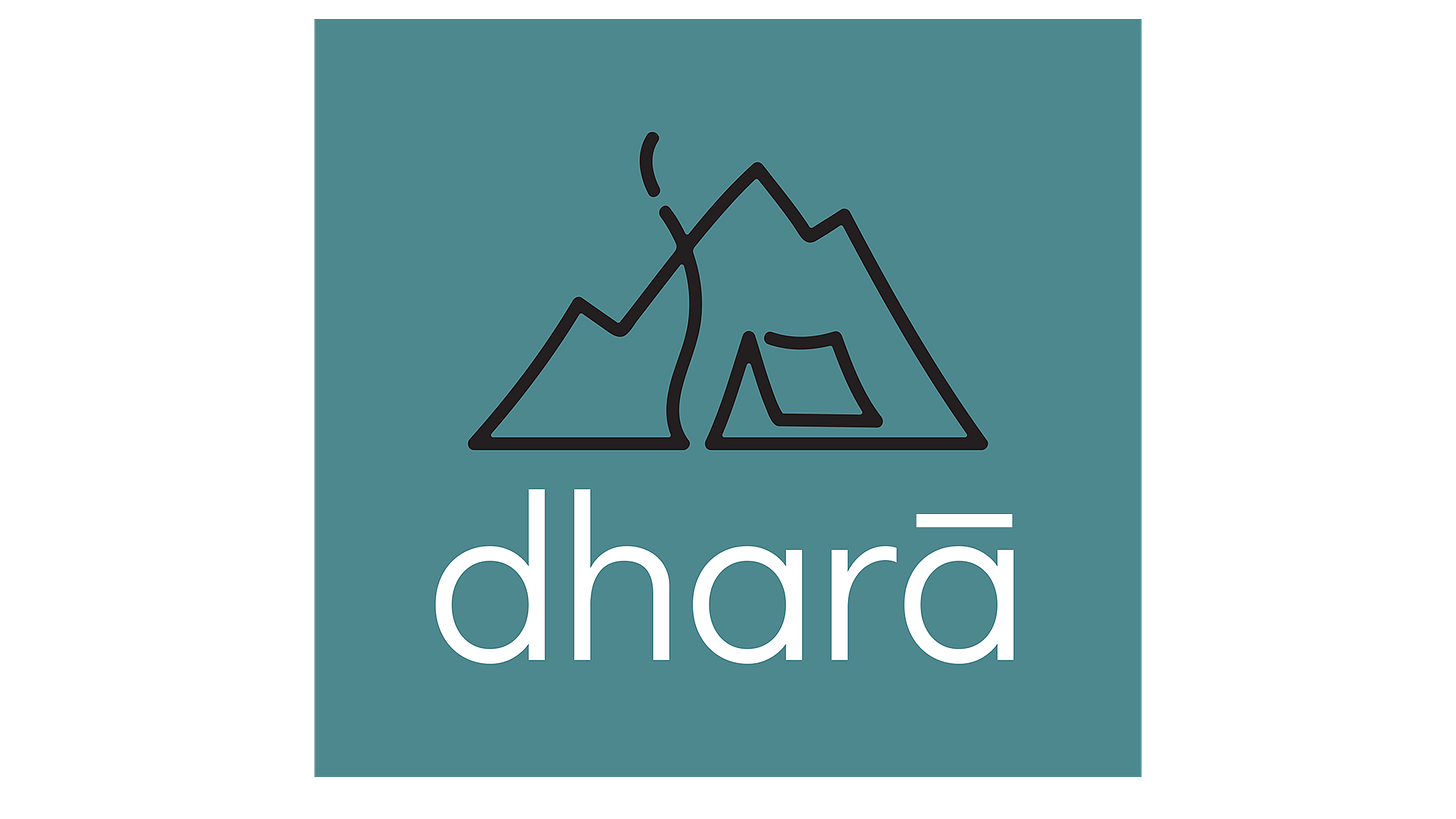
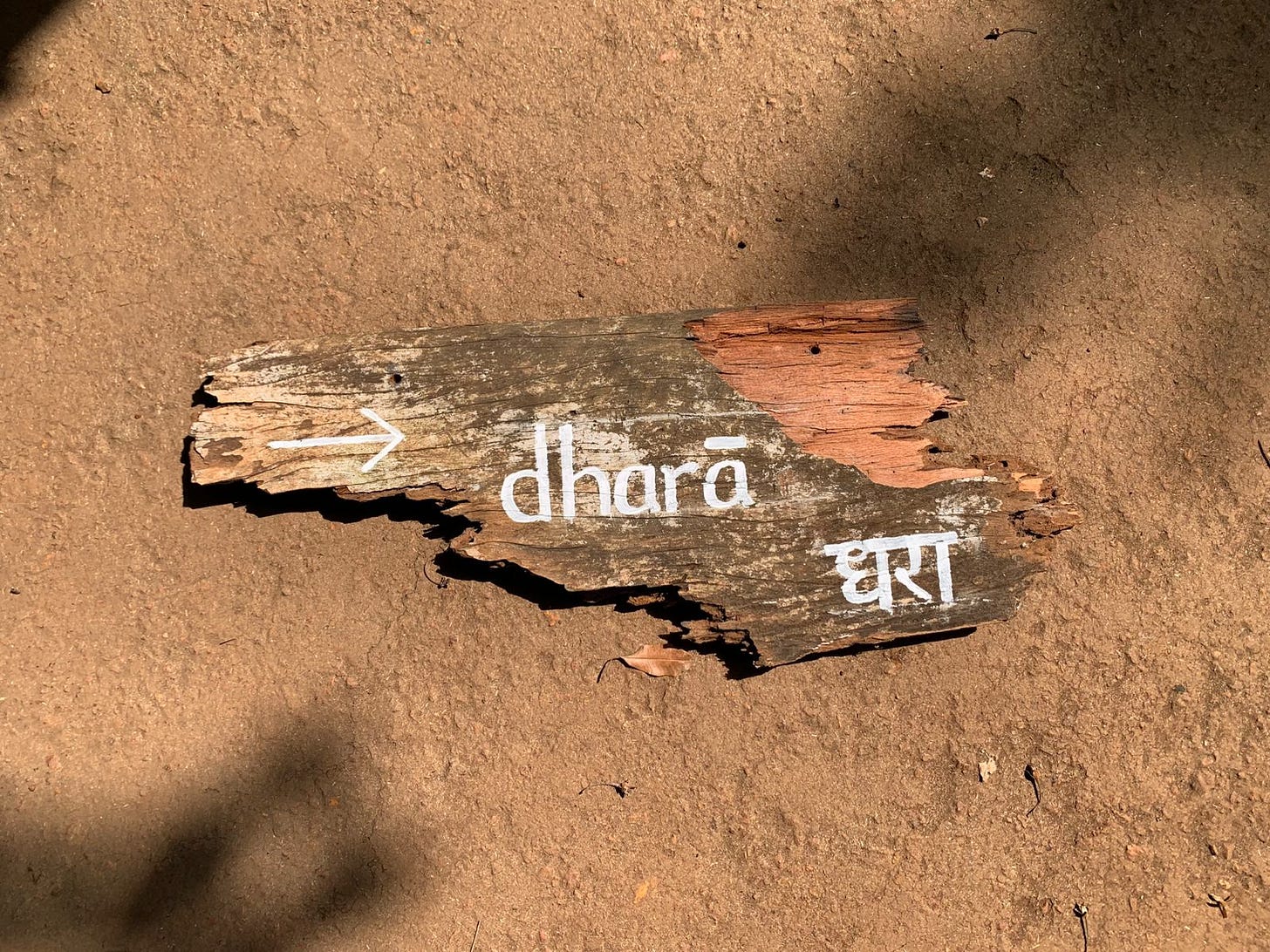




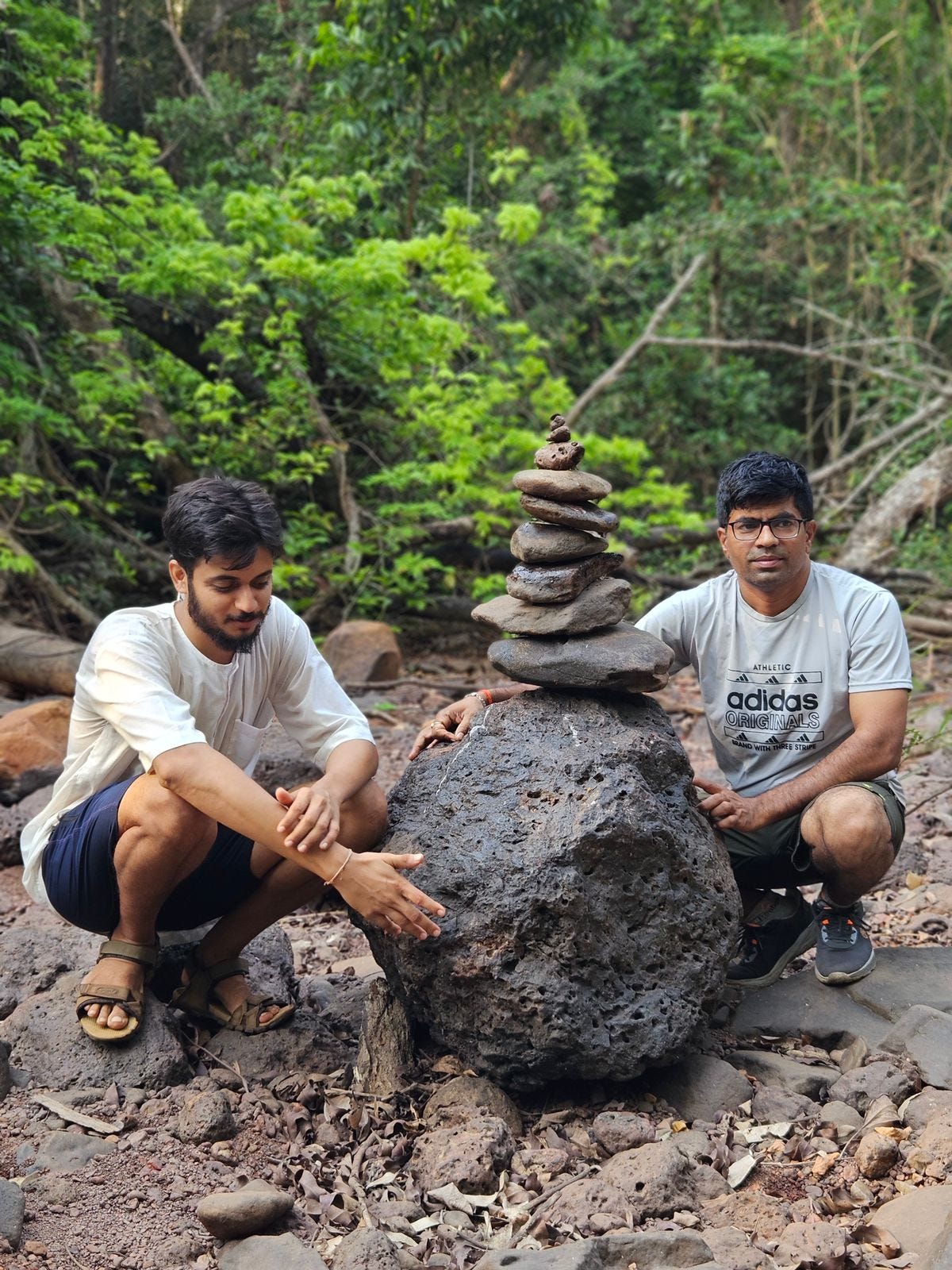
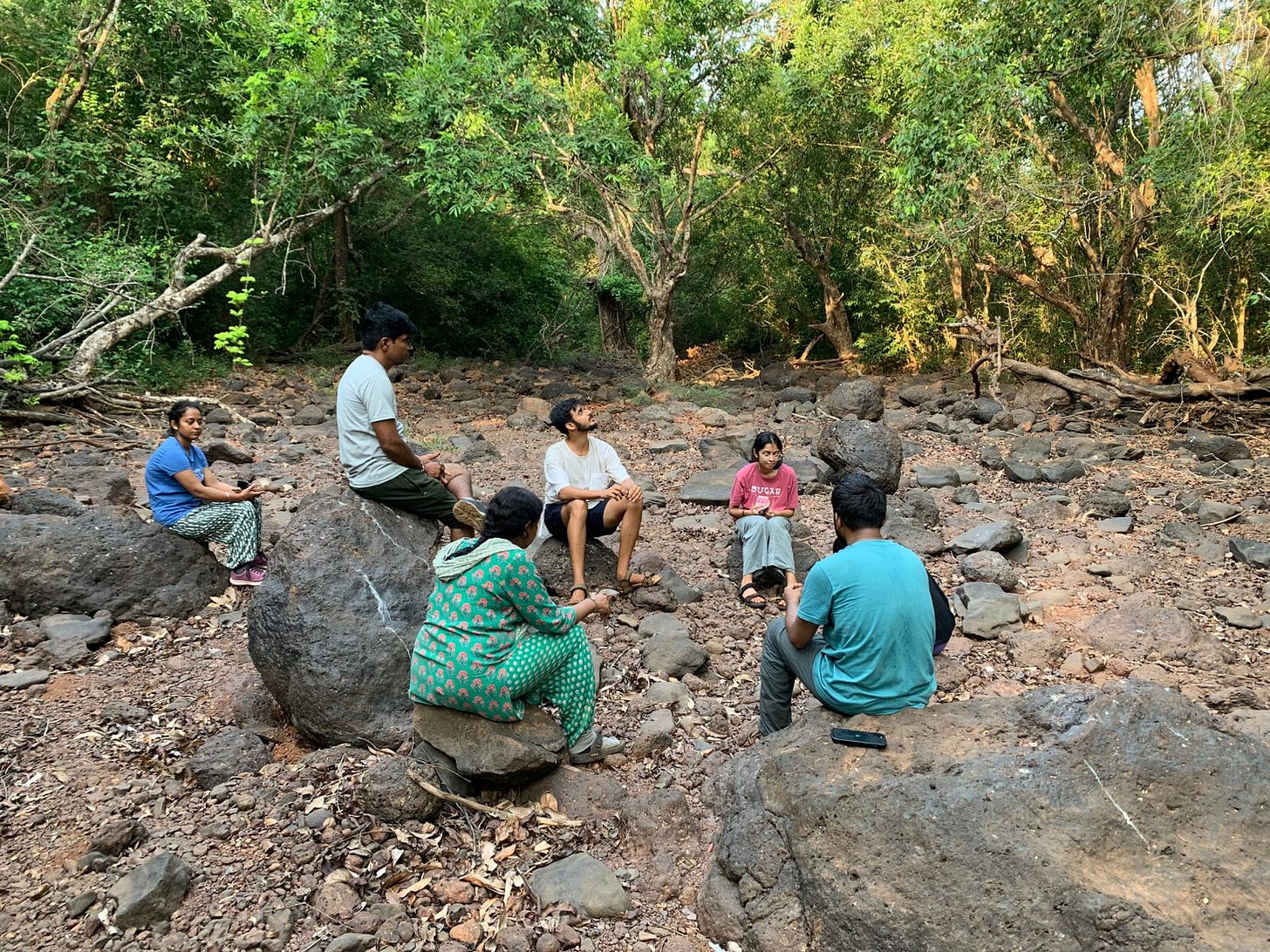
This is what I needed to read this morning, it brings hope.
Looks like you’re making a difference, and I’m inspired!